Our evidence base
Peek tools are developed using rigorous scientific and public health methods, and are backed by numerous peer-reviewed research studies.
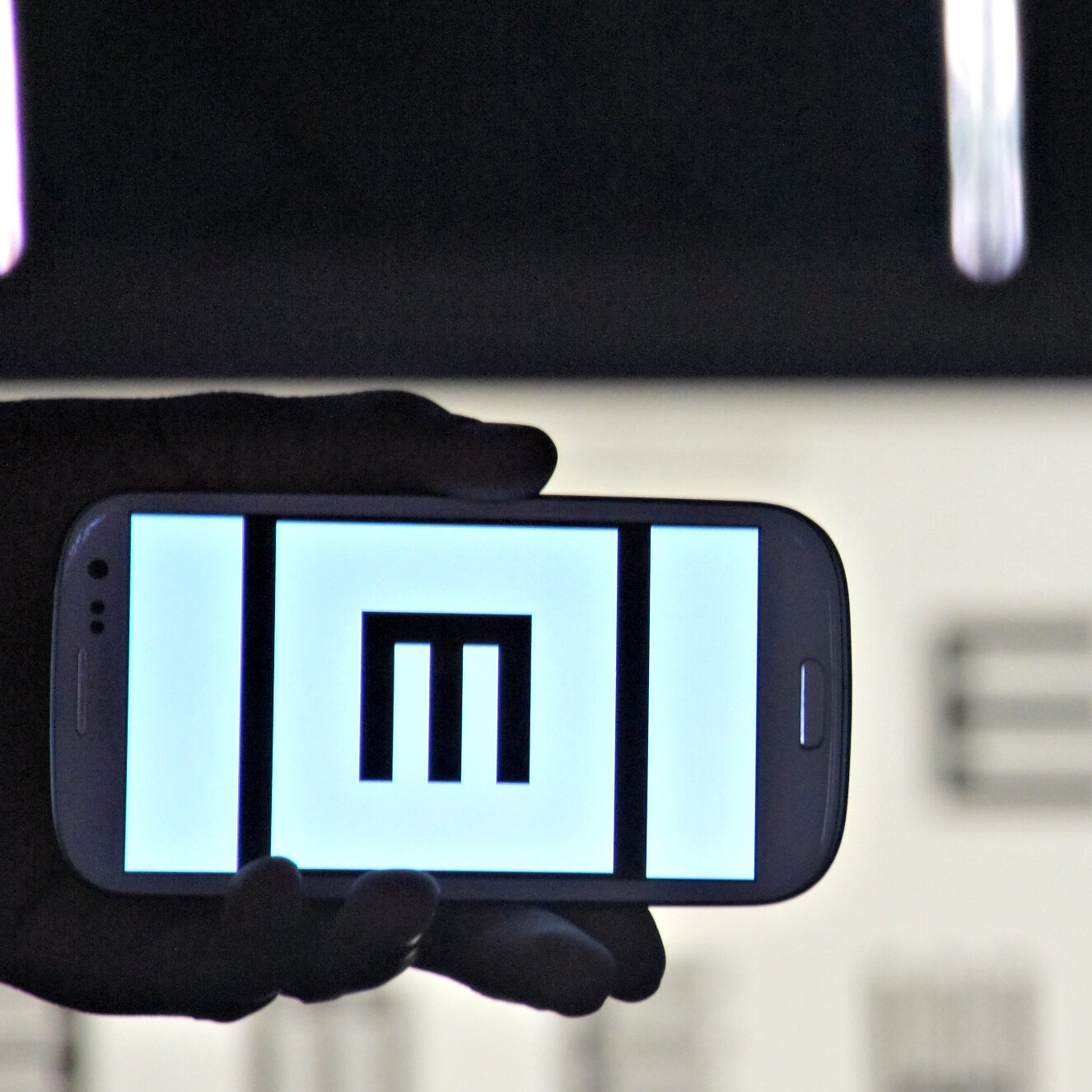
Peek tools are developed using rigorous scientific and public health methods, and are backed by numerous peer-reviewed research studies.

Read our latest news.
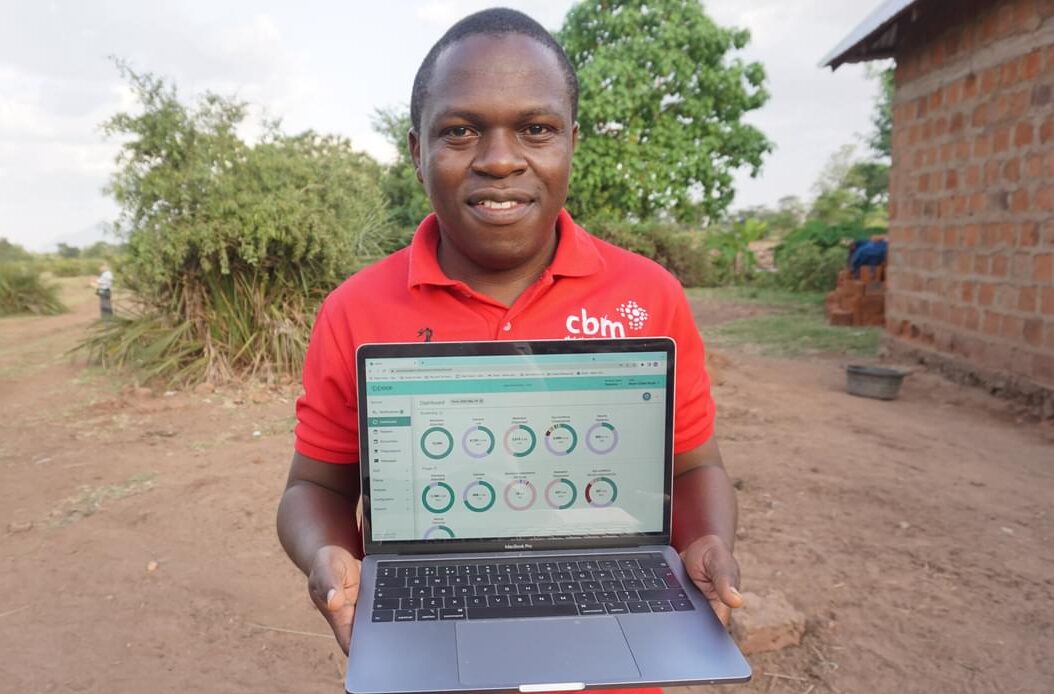
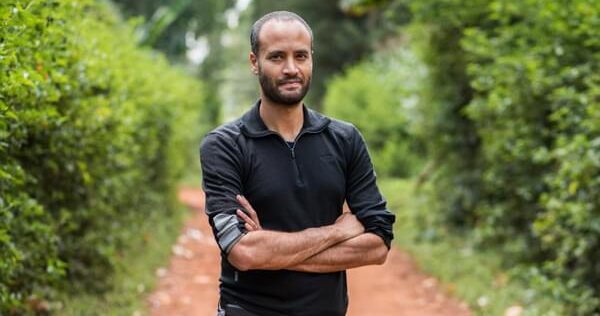
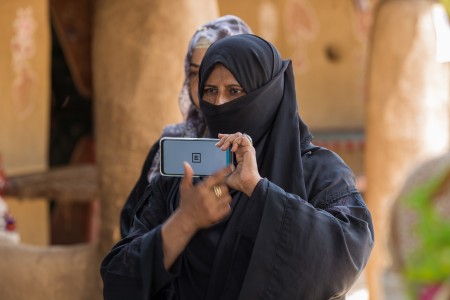
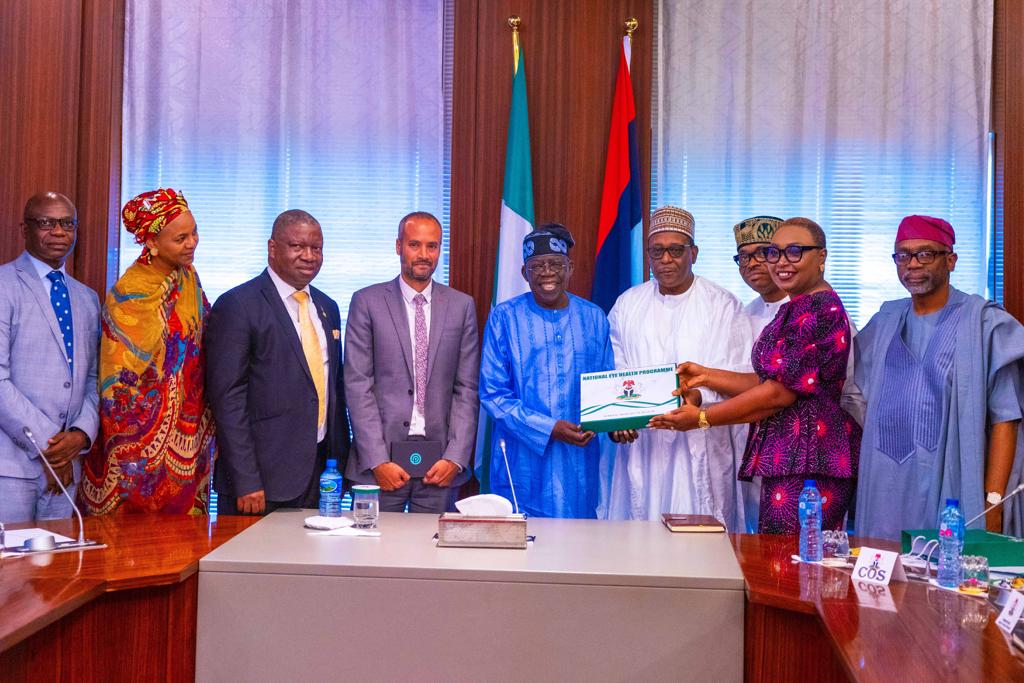
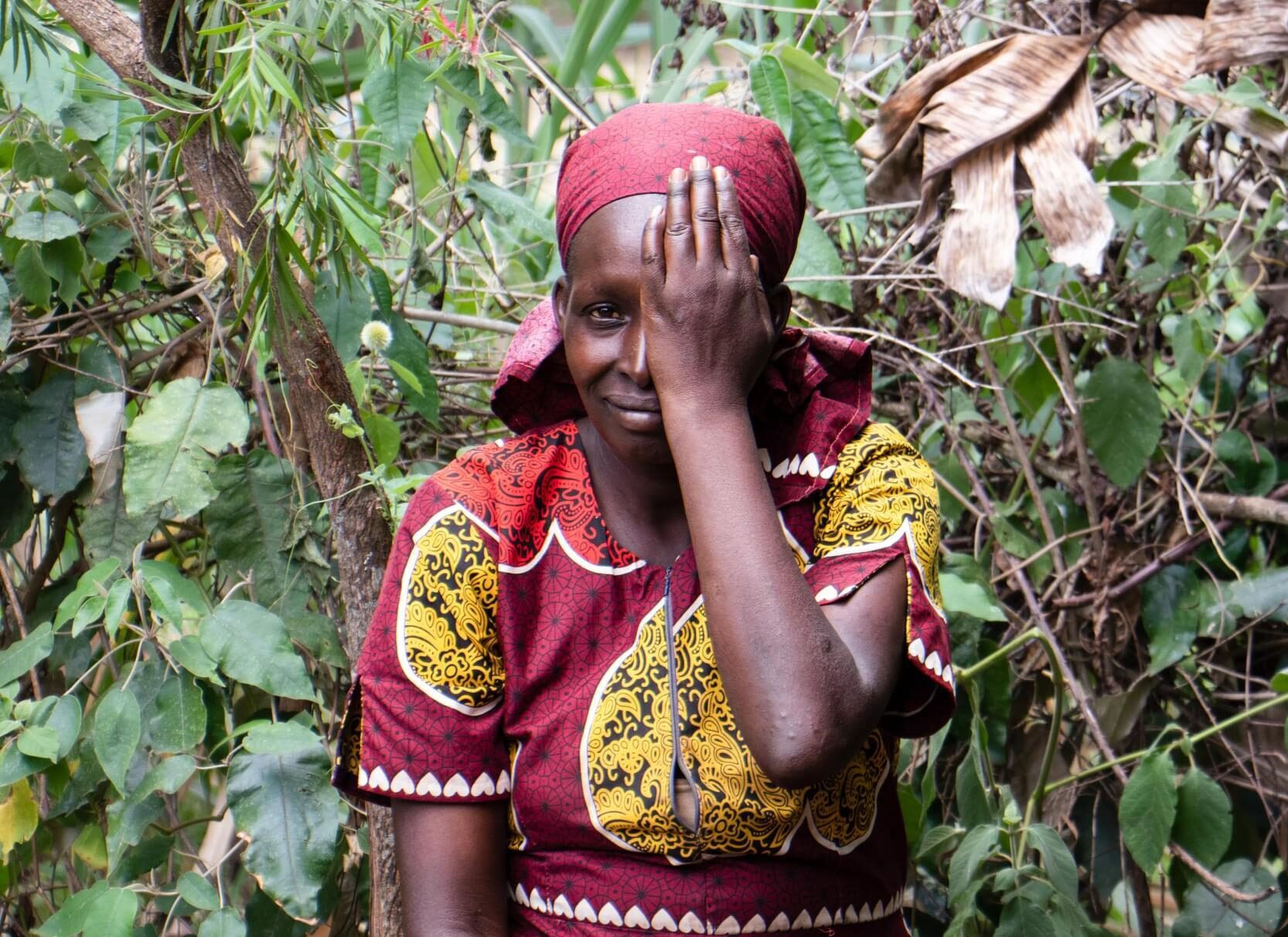

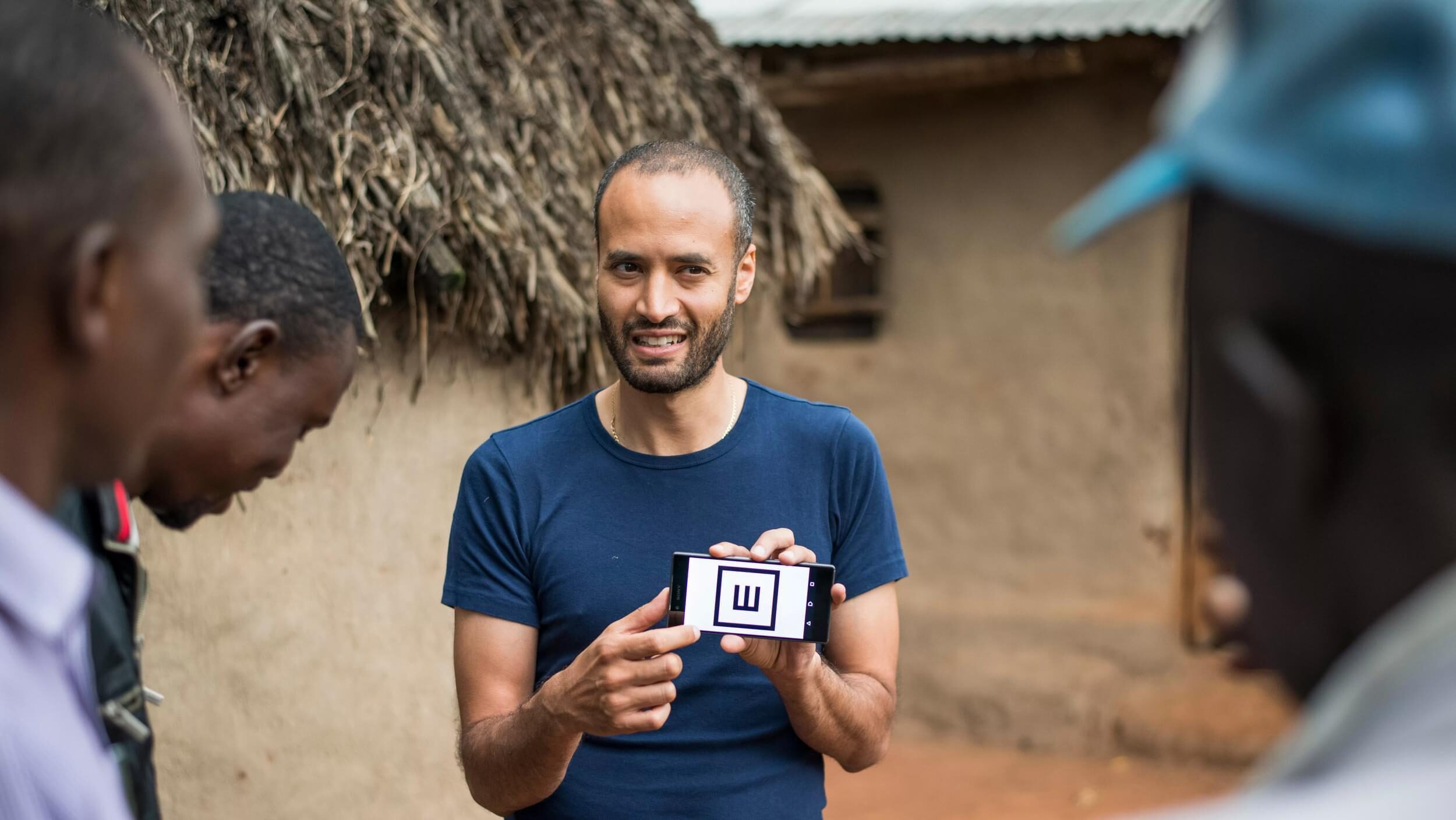
The Peek approach is transforming eye health at scale. Discover how with these insights from our team.
Peek tools are backed by rigorous research. Learn more about the evidence in our research briefings. If you are a researcher interested in using Peek in your work, please contact us.

Peek tools are developed using rigorous scientific and public health methods, and are backed by numerous peer-reviewed research studies.
Read more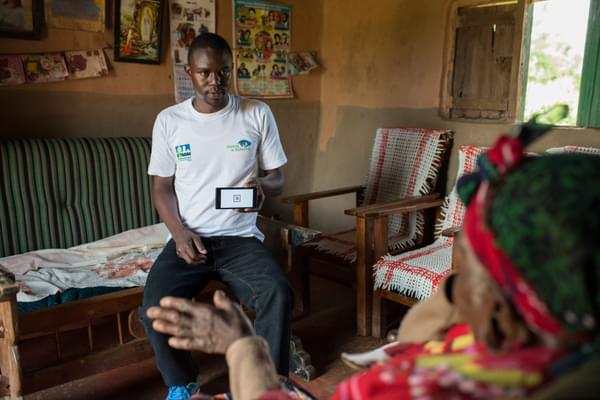
Almost three times the number of people with eye problems were connected to care using Peek, compared to conventional programmes.
Read more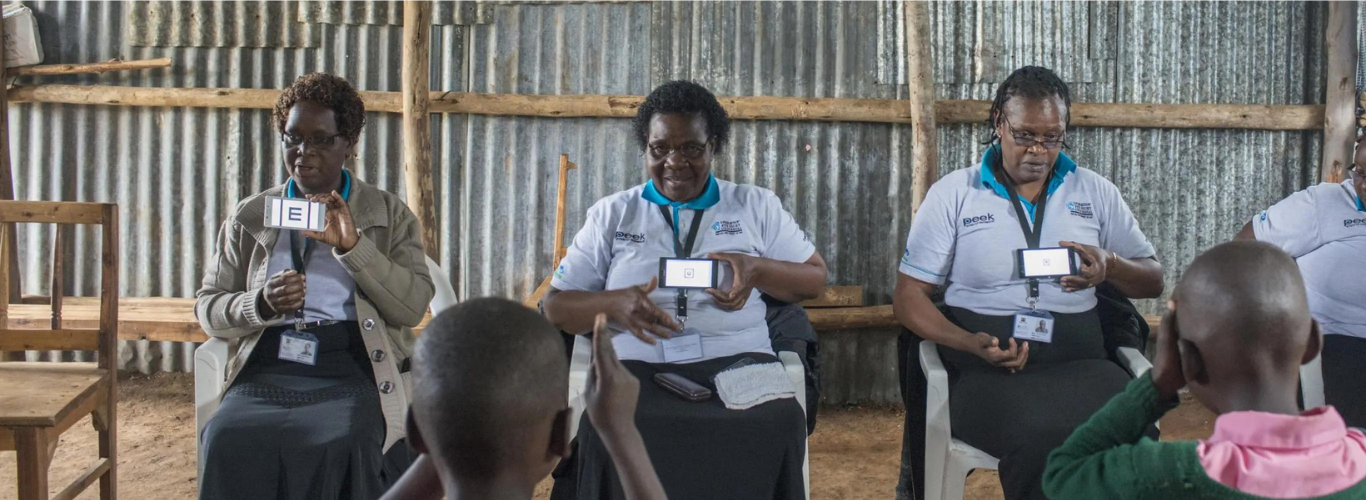
Peek more than doubled the proportion of children attending follow-up appointments compared to conventional school eye health programmes.
Read more